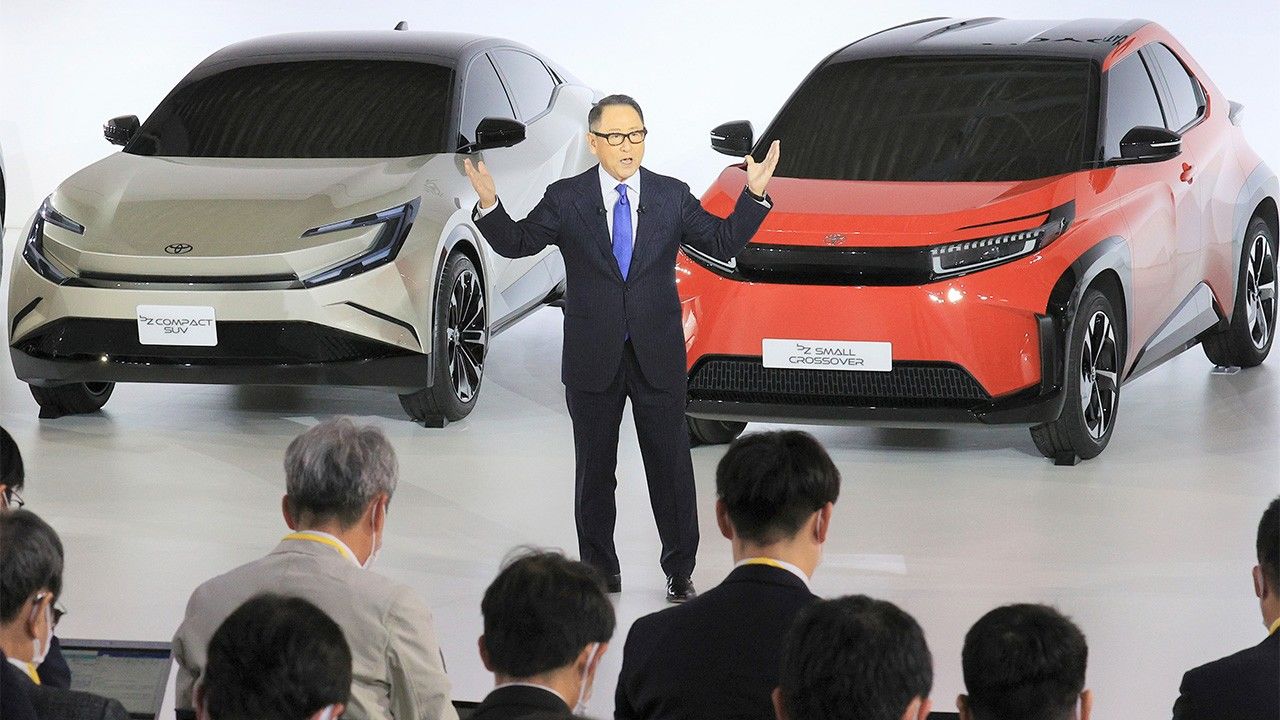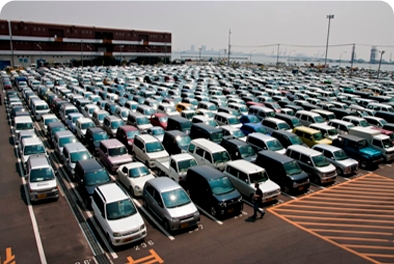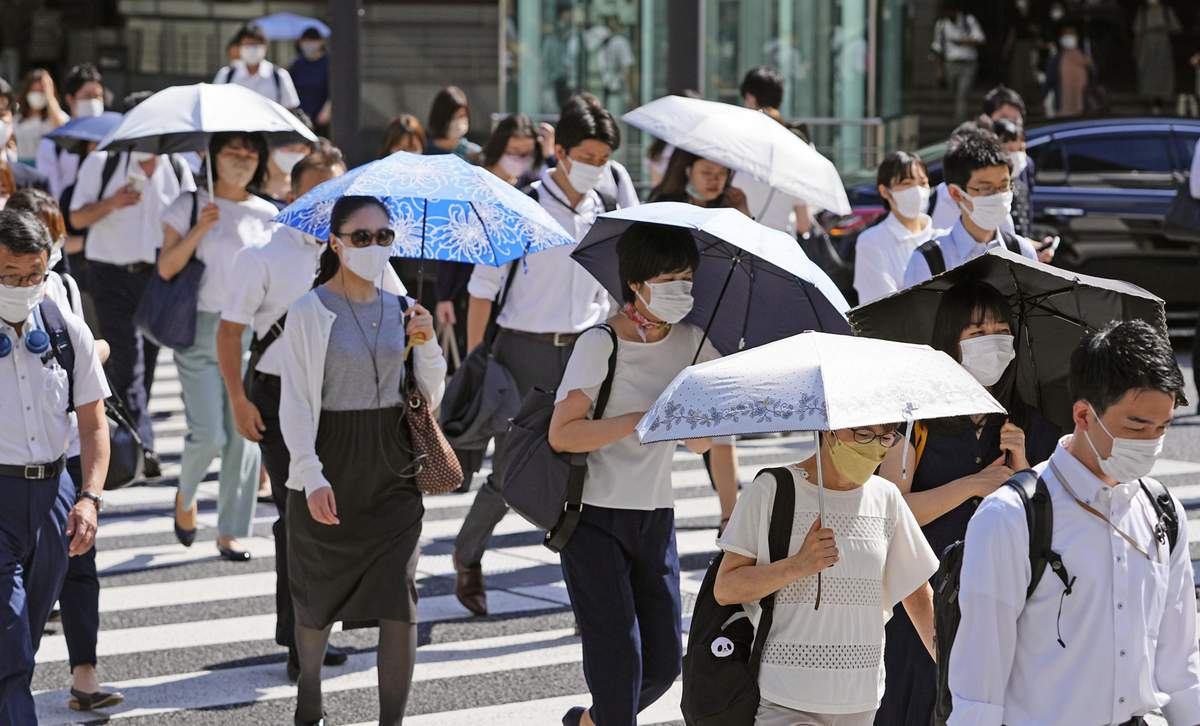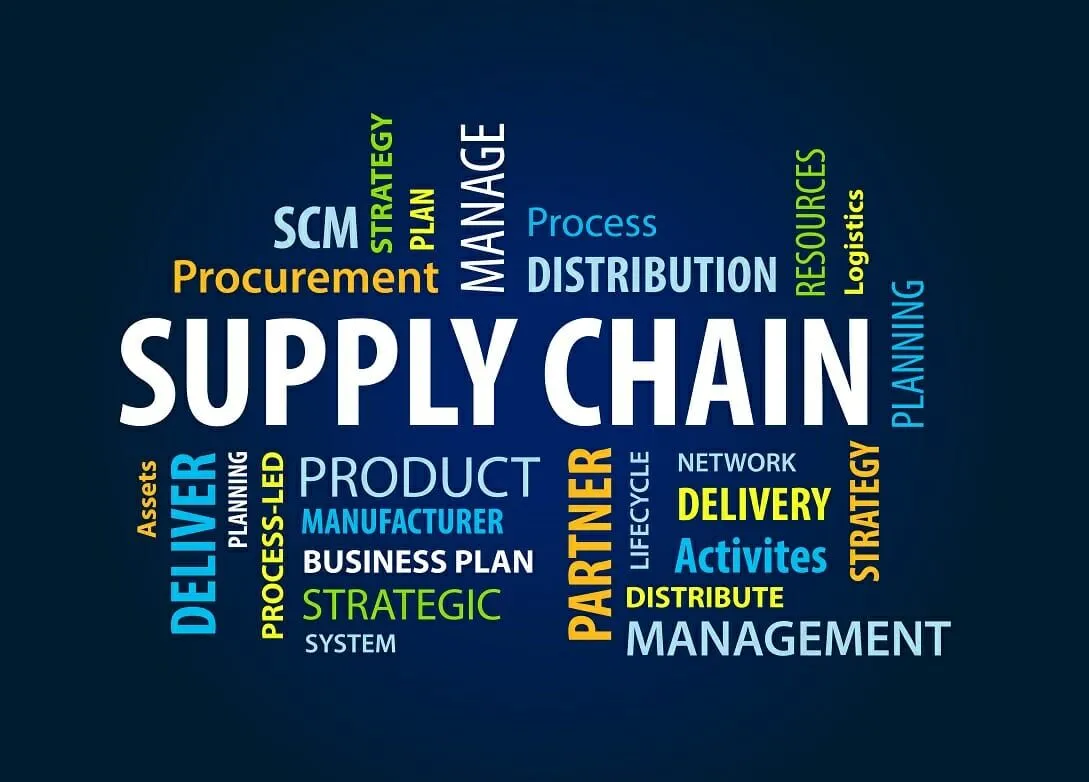Time in Japan:
1 USD = 131.29

As Japan’s auto industry is said to be going through once-in-a-century changes, more auto parts makers are exploring new business opportunities in other sectors. Because demand for traditional components is likely to decline with the increased electrification of vehicles, car parts manufacturers are trying to find new business opportunities in different fields by making use of their technology. “This is a conceptual model of a pot,” said an employee of auto parts maker Tokai Rika Co. at the Mechanical Components & Materials Technology Expo, which was held at Portmesse Nagoya in early April. Tokai Rika, a firm based in Oguchi, Aichi Prefecture, that supplies parts to Toyota Motor Corp., was exhibiting its products at the expo for the first time. The displayed products included pots and tent stakes made of a magnesium alloy normally used for the core of steering wheels.
The firm came up with the idea of using the alloy, which is lighter and stronger than aluminum, to develop items used in outdoor activities, as they are growing in popularity amid the COVID-19 pandemic.The firm, which has been manufacturing essential car parts such as steering wheels and brake pedals for years using its high-quality metal processing technology, also exhibited game controllers it produced on an experimental basis using sensor technology from its flagship switches. “Promoting new products is not our only goal,” said Tokai Rika President Hiroyoshi Ninoyu. “We are also aiming to find out where the strength of our technology lies and how it can be utilized.”Presenting technologies to potential clients and seeking sources of new business is what all the other exhibiting companies have been doing as a matter of course, but Ninoyu said Tokai Rika had been lacking that mindset, since it has been doing business only with carmakers. In an era of reform, “it is indispensable for component-makers with unique technology to make proposals from their side, and they are expected to do so,” said Ninoyu.
The firm set up a new business marketing department in January to work on winning contracts in areas other than auto parts.It also plans to display products at an exhibition for the electric appliances industry, to be held in Osaka in the fall, to explore ways to apply its technologies.With the electrification of vehicles, it is believed the number of components will decline from some 30,000 for gasoline-powered cars to fewer than 20,000, because electric cars don’t need engines with a complex structure including sparking plugs and pistons, as well as exhaust gas treatment equipment.
According to a survey conducted by the Aichi Prefectural Government and Tokyo Shoko Research Ltd. involving about 600 small and midsize parts makers in the prefecture two years ago, 27% of the respondents said they will be adversely affected by shift to electric vehicles, more than the 11.7% who said there will be positive impacts. As many as 34.5% said they don’t know how they will be affected, indicating that many firms feel uncertain about the future.
Asked how they will cope with the push for more connected, autonomous, shared and electrified vehicles, known as CASE, with multiple answers allowed, 24.6% said they would seek new business clients and 20% said they would launch businesses in different fields and sectors. But 51.1% responded that they have no plans, with smaller companies facing difficulties due to a lack of human resources and funds, and some not knowing what to work on.
Other car parts makers are already making new businesses their second business pillar.Iida Industry Co., located in Inazawa, Aichi, mainly produces soundproofing and damping materials using its own formula of resin and rubber, doing business with all of the carmakers in Japan. It began processing the materials into tapes and launched a fully fledged business selling them as construction materials to be used on walls and the floors of apartment rooms three years ago.
Having high-level technology and facilities to measure and evaluate sound insulation levels inside luxury cars, the firm succeeded in making use of its know-how accumulated in auto parts production to enter a different sector.The firm’s annual sales of construction materials is ¥400 million to ¥500 million, still less than 10% of its sales of materials for vehicles. But it has set a target of doubling the sales to ¥1 billion in a couple of years.
The firm sees potential in its construction materials business, as demand for soundproofing is increasing as more people stay home amid the pandemic. Its tape product, which is easy to handle, is gaining attention in the construction industry facing a shrinking and aging workforce.“We are a latecomer to the construction industry, but we hope to contribute to solving the problems of construction workers by promoting the technology we developed as a professional in sound control,” said Kazuhiro Harada, an employee in charge of new business at Iida Industry.
While Iida Industry’s case can be called a success, entering different sectors is a challenge for many. One engine component manufacturer said it had considered doing business in the medical equipment sector, but gave up because the production volume would be mostly smaller than that for auto parts and the volume of shipments is unstable, making it difficult for the firm to maintain efficient operations. “We feel a sense of crisis over the changes in the industry,” said an executive at the manufacturer. “We will continue our attempts to survive.”
This section features topics and issues from the Chubu region covered by the Chunichi Shimbun and Mainichi Shinbun. The original article was published May 24.










